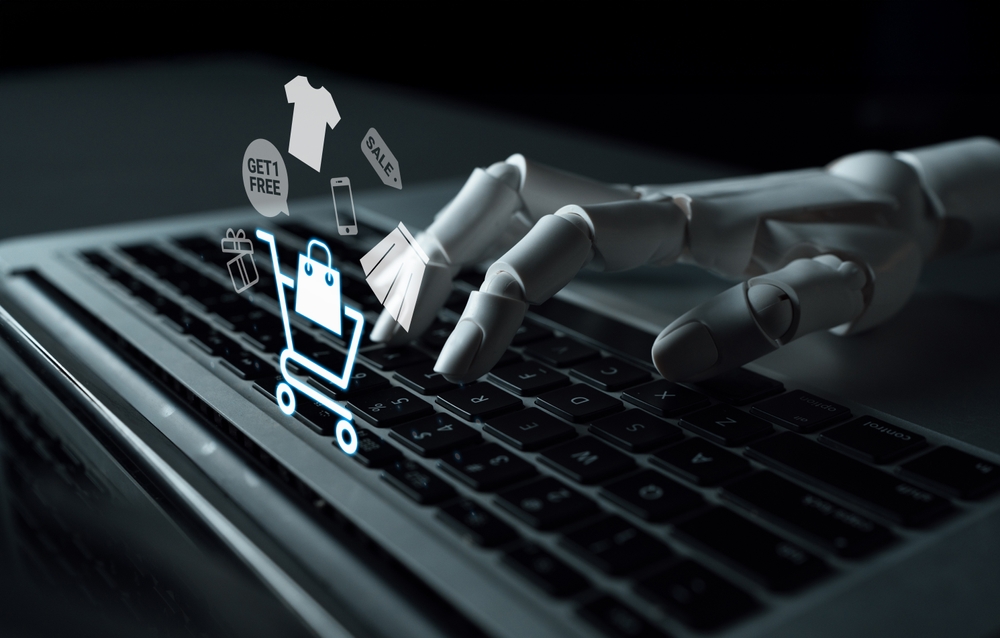As featured in InformationWeek. The original article can be found here.
By Stephen DeAngelis
Neither approach is a viable long-term option for winning the AI arms race. The real differentiating edge lies in who can develop a systemic means of achieving GenAI data validation, integrity, and reliability with a certificated or “trusted” designation, in addition to acquiring expert knowledge from trusted external data and content sources. These two twin pillars of AI trust, coupled with the raw computing and computational power of new and emerging data centers, will likely be the markers of which big tech brands gain the immediate upper hand.
Acquiring Domain Expertise
It’s important to remember that GenAI is only one piece of the arms race puzzle. The new class of generational systems currently in development will also include other additive forms of AI that round out platforms with diverse features and functions tailored to granular business use cases. Then, large scale business applications can be layered on top of the platform to produce outcomes that generate value for individual users and collective enterprises, in turn opening wider pathways to monetization. This ensemble of technology is imperative for designing AI-powered autonomous systems that can attack robust classes of complex operational challenges.
Related:ChatGPT Is the Tesla of Generative AI
As such, we could start to see major AI developers increasingly target smaller technology firms via corporate acquisitions that secure deep foundations of niche industry domain data to create a competitive advantage when training future AI engines. For example, envision a naval warfare scenario where future models of Gemini and ChatGPT resemble the U.S.S. Gerald R. Ford, the world’s largest and most advanced warship that weighs 100,000 tons and took 12 years to build with $13 billion in funding. Both AI models require a great deal of resources to build, advance, stop, or change directions. However, through acquired firms, Google and OpenAI could amplify their battle posture with more nimble destroyers, cruisers and speedboats -- the industry-leading intelligent applications that drive commercial value by utilizing the size and breadth of the foundational GenAI platform. Leveraging external sources of agility will be critical to emerging from the AI arms race victorious.
Outside the Box Partnerships
The academia world could be another foundational knowledge source for big tech titans to pursue. There are more than seven million books in the Princeton University library alone. Just imagine if Meta or Amazon struck a deal with all eight Ivy League universities to create digital copies of every physical book in their libraries. Then, with exclusive rights to that proprietary information, they could create expert datasets to leverage for training AI-powered autonomous systems that address fundamental challenges across complex industries like industrial manufacturing and aerospace. Compounded at scale across the entire higher education landscape, the academia approach could generate enormous new knowledge bases that enables them to close the gap with Google and OpenAI, the arms race’s two frontrunners.
This would also provide new monetization opportunities to higher-ed institutions, potentially helping offset America’s affordability problem across major colleges and universities. Enrollment at 4-year private for-profit colleges has decreased by more than 55% since 2010. Total US student loan debt currently exceeds $1.7 trillion, and federal student loan interest rates (6.53%) just reached their highest peak since 2012. By opening a massive untapped revenue stream, schools could lower tuition rates to increase enrollment, reduce student loan usage, and expand equal access to high quality education. It’s a win-win on both sides on the dividing line.
Avoiding an Orwellian State
The big tech titans must proceed with caution as the arms race accelerates. The potential for technology to transform America into an Orwellian state is not a fictional doomsday scenario. It’s a reality of our rapidly advancing digitalized world. US congressional representatives have raised concerns about China viewing AI as “a weapon with which to perfect its Orwellian techno-totalitarian surveillance state” -- emphasizing the need for stronger collaboration between Silicon Valley and the Pentagon. AI system development speed, scale, and monetization cannot come at the expense of societal health and safety.
After all, if this genie gets let out of the bottle, it’s never going back in.








